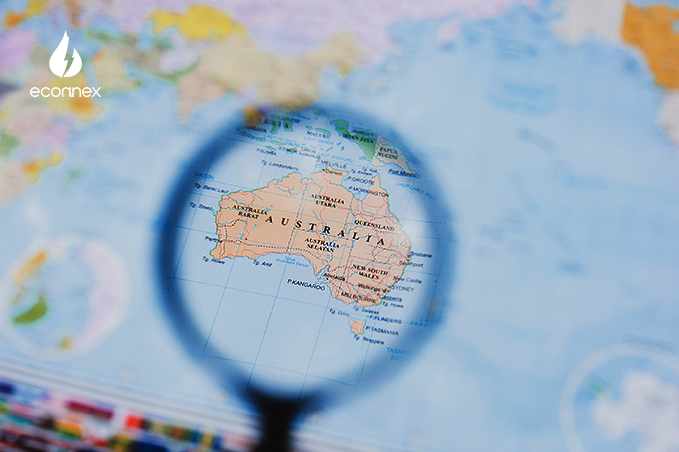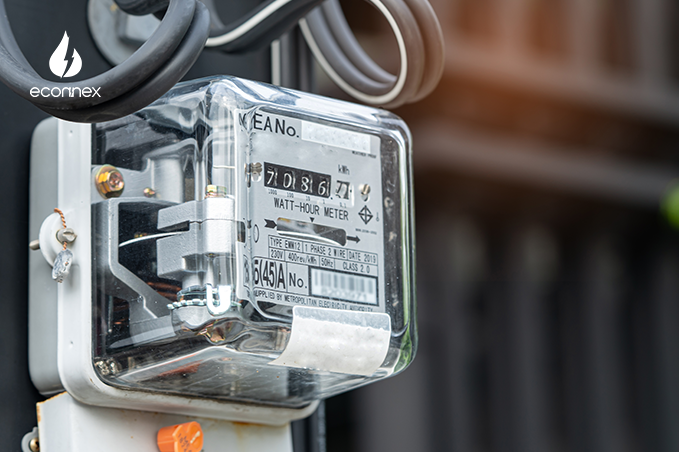Illuminate your business in Australia! Explore smart energy solutions and efficient lighting options to brighten up your success.

Published on 23/11/2023
By Rajesh Kumawat
Energy Comparison
For Businesses in Australia, electricity is one of the most important things. They use electricity for daily operation and on ensuring employee’s comfort. Also, business customers consume more power than residential especially during daytime and peak hours. That’s why many retailers offer competitive plans to lit up small to large businesses. Here’s more information about it.
Small Business
According to National energy laws, there are some states which qualify for standard plans. They may also shop around, compare plans and switch retailer on their own. The following states are:
Customers who use below 1 TJ of gas each year are considered as small business customers. For electricity, small business is defined depends on usage:
Large Business
Large business customers must directly negotiate energy plans with their chosen retailer.
Customers with newly established small business may visit comparator websites. Compare prices and choose retailer, which offer the most competitive deal. For a large business, do research, check for retailers who offer the biggest discounts and contact them directly.
Small business customers with an existing plan should use energy comparator sites too. It is an easy way to determine which is the most competitive plan. Consider factors such as business needs and rates charged by the retailer before switching.
Comparator website: https://www.econnex.com.au/



